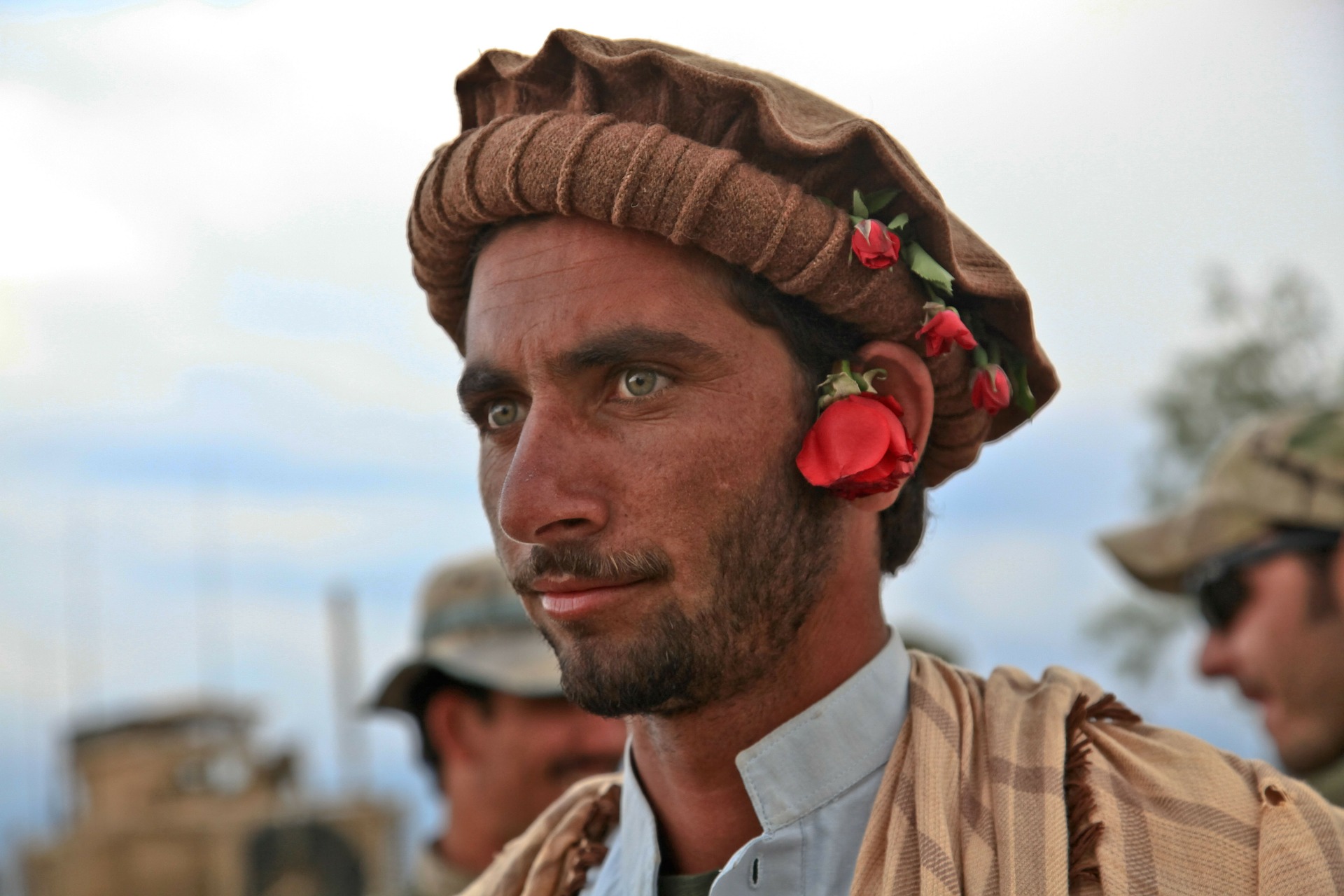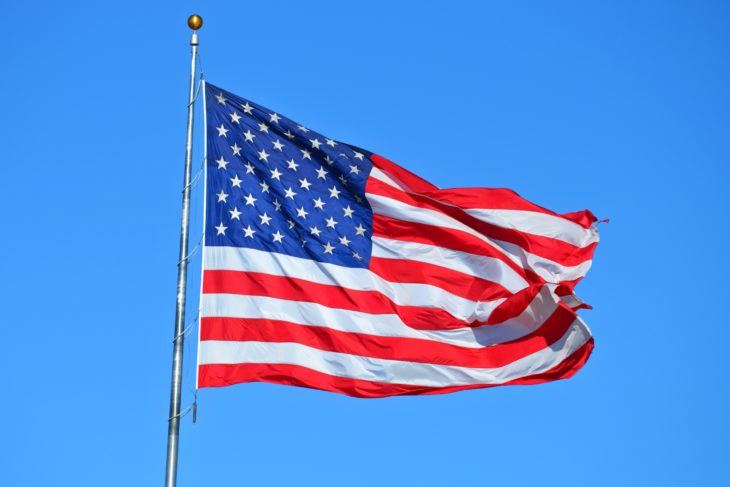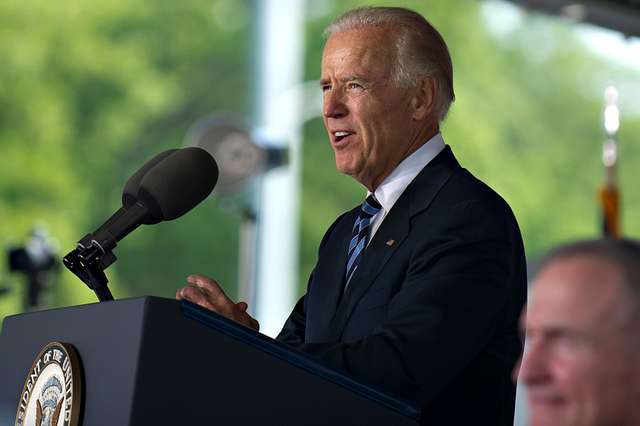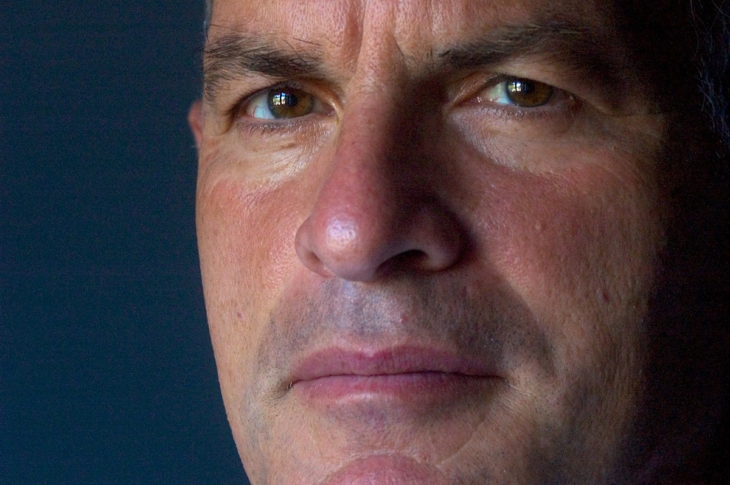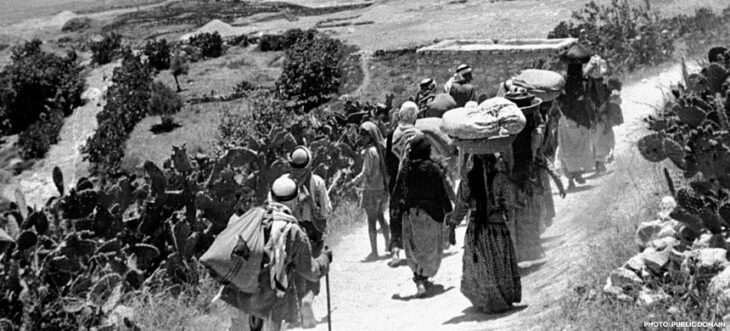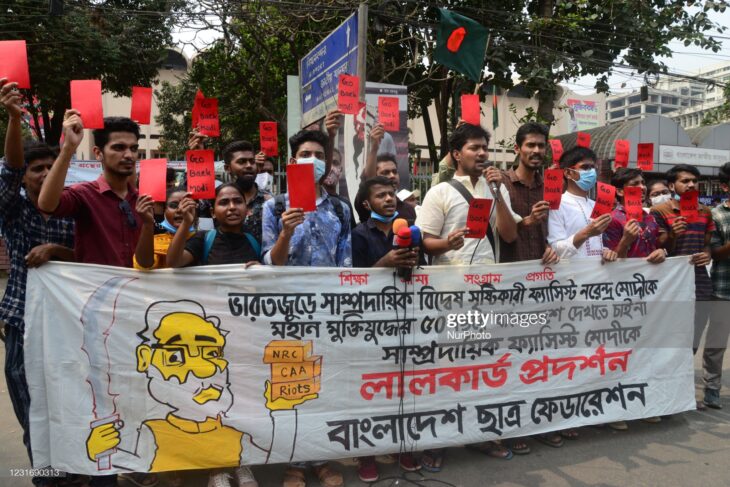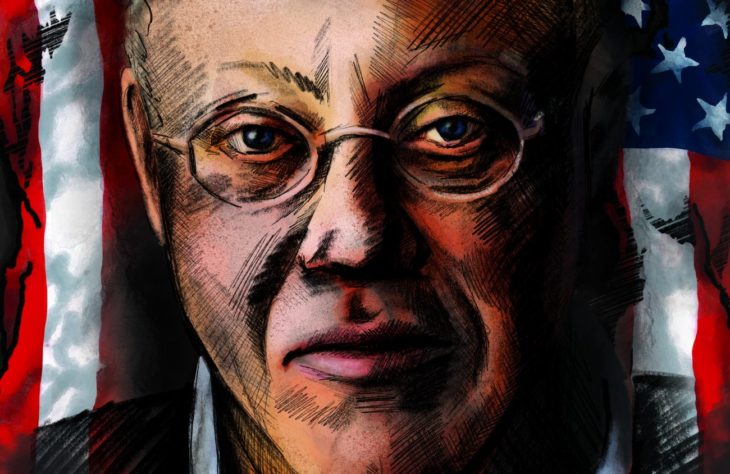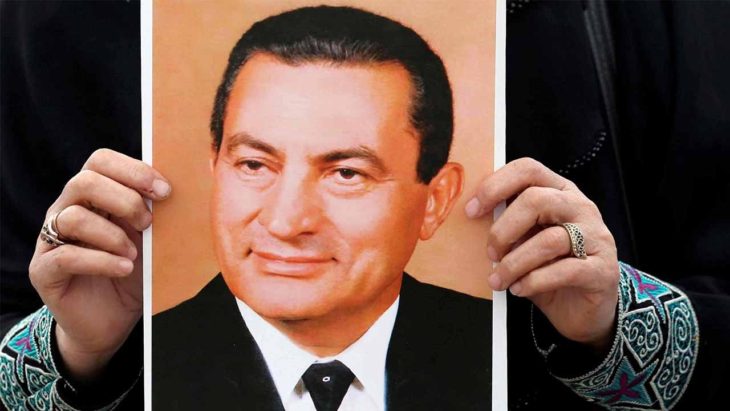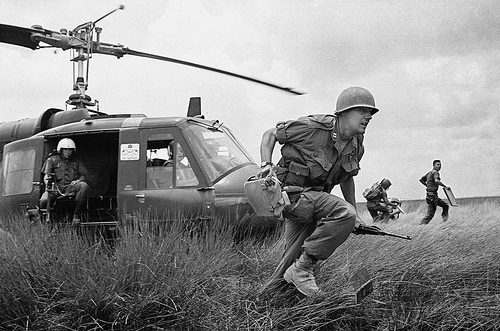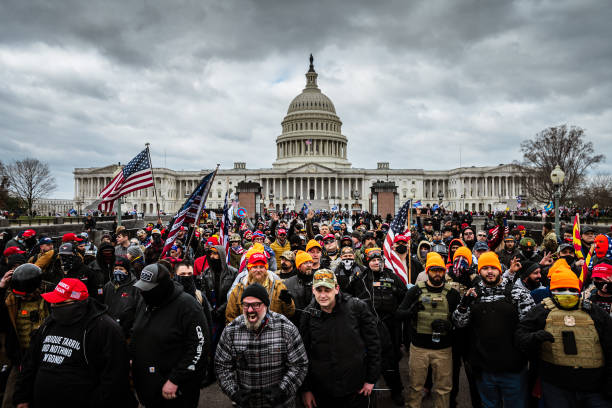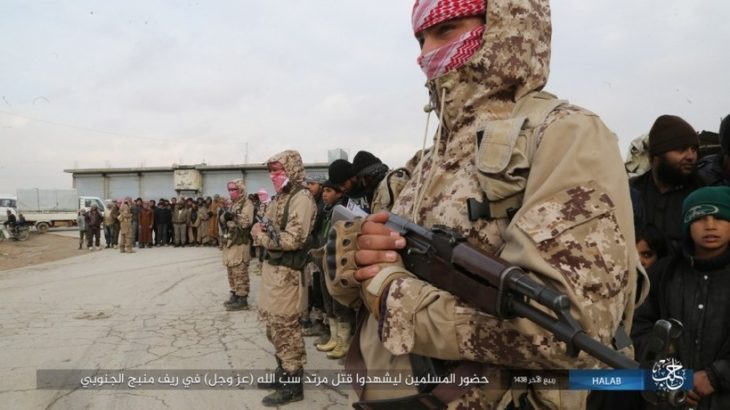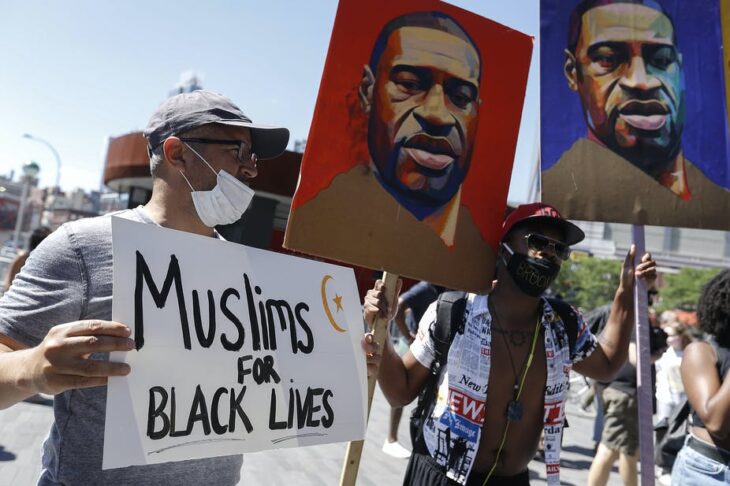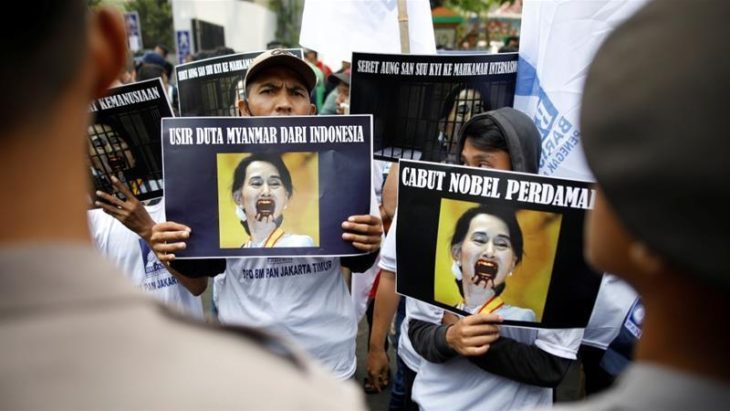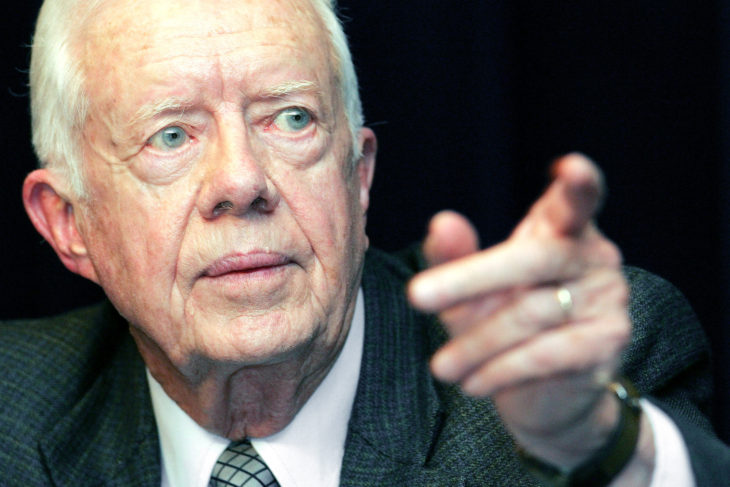Cross-cultural leadership and constructive Engagement.
(SEATTLE) – Peace and blessings upon His chosen Prophet, and upon his household, his noble blessed companions, and upon all the messengers and prophets. True piety does not consist in turning your faces towards the east or the west – but truly pious is he who believes in God, and the Last Day; and the angels, and revelation, and the prophets; and spends his substance – however much he himself may cherish – it – upon his near of kin, and the orphans, and the needy, and the wayfarer, and the beggars, and for the freeing of human beings from bondage; and is constant in prayer, and renders the purifying dues; and [truly pious are] they who keep their promises whenever they promise, and are patient in misfortune and hardship and in time of peril: it is they that have proved themselves true, and it is they, they who are conscious of God. (Qur’an 2:177)
Dear imams and religious leaders from around the world,
Asalaamu alaikum wa ramatullahi wa barakatu.
Religious leaders have played a profound role in shaping history. From the pulpit of spirituality and moral authority, they have aroused consciousness and inspiration to fight against wrongs. The Prophet Muhammad ﷺ himself serves as a paramount example for mankind through his initiation of a complete social transformation during his service as a prophet of God. The Muslim world desperately needs leadership of vision and wisdom in the tradition of the Prophet ﷺ today to protect it from unfolding disasters. This is a critical time in history. The changes we will make today can set the direction for generations to come.
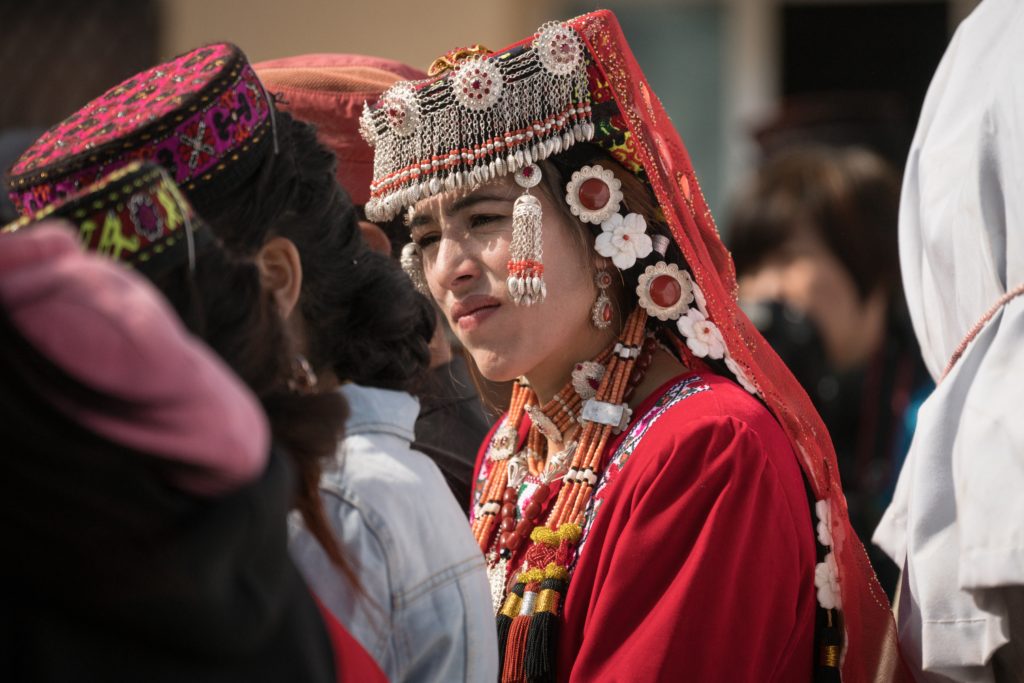
In today’s global community, there is an ever-increasing awareness of the moral responsibility required from nations, as well as an ever-increasing demand for transparent and accountable governance and justice. Using these emerging forces of our time, inshallah, Muslims can effectively fight against wrongs through civil and peaceful means in order to attain a speed of transformation that was unthinkable in past eras. There must be a catalyst to help Muslims to recognize and effectively manage the challenges of a changing world while still remaining true to their beliefs.
Inshallah, there cannot be a better catalyst of change than dedicated and courageous people of faith.
If we, as leaders of faith and religious conviction, are unable to raise this powerful voice for peace and justice, a tiny minority of extremists has the potential to hijack the future of the entire Muslim world — that is, one-fifth of humanity — and to destroy the enormous possibilities for international diplomacy that exists before the Muslim world today. Extremism and violence- mongering robs the collective bargaining power of Muslims to receive their due share of stability and prosperity. It is an imperative that a leadership emerges to promote constructive engagement as a countervailing force against extremism.
The following pages, overseen by esteemed and visionary Islamic scholars and imams, serve as an advocacy proposal among Muslim religious leaders for constructive engagement between civilizations, in the true spirit of Islam. The best jihad in our time can be fought through nonviolent methods, from the moral high ground.
We are going through a critical time in history.
Afghanistan and the United States of America — two vital segments of humanity, both interdependent and indispensable to each other — remain at war with one other. This stance is a most self-depleting and self-defeating state of mind. This stance is also avoidable. We need to generate a win-win situation in our time to help uplift the human condition for countless people on earth.
Today, we as a group of American Muslims are dedicated to helping to bring about conflict resolution. We are approaching you to work with us in order to bring about a voice of change desperately needed to avoid this catastrophe unfolding before our eyes.
We invite you to come to America for a meeting with Congressional leaders and prominent leaders of faith in order to help raise a dialogue for change among people on both sides of the conflict. We invite you to undertake an agenda with us to motivate distraught and disturbed Muslims who are currently engaged in counterproductive extremism to come and work with us. Today‟s religious clerics and imams have enormous responsibilities to help establish peace, justice, and progress in our time.
Jazakallah Khair
Most respectfully,
New World Strategies Coalition Inc (NWSC Inc.)
Muslims for Peace, Justice and Progress [MPJP]
PRELIMINARY DOCUMENT – FOR INTERNAL COMMUNICATIONS ONLY
‘A MUSLIM APPEAL TO COMMON SENSE’
Summary of Contents
Executive summary
Our Own Failures
Failures of Others
Bridge-Builders as New Agents of Change
Transparent and Accountable Governance
The Children of Adam
Executive Summary
Given the tremendous cost of Operation Enduring Freedom in Afghanistan (OEF-A), the likelihood of indefinite continuation of similar levels of military interventions in Afghanistan remains slim. The United States economy is strained, limited political capital exists to boost support from the war within both Congress and the White House, and most importantly, the war remains unpopular among the American people. However, given the national security risk that could occur as a result of a destabilized Afghanistan after de-escalation of conflict, policymakers and military leaders must craft an evidence-based strategy engendering greater levels of support from local Afghans towards international diplomacy and counter extremism efforts.
A growing wave of intellectual thought towards “rethinking Afghanistan‟ is currently spreading throughout think tanks, universities, and media institutions worldwide. However, this intellectual thought often lacks clarity with regards to practical strategies necessary to provide an action plan on the ground for change. As one example relevant to this discussion, a forthcoming report from the Afghanistan Study Group — a group of 40 foreign policy experts, scholars, former officials, and activists assembled by Steve Clemons of the New America Foundation — recommends within a larger set of points that “diplomatic efforts…improve America’s overall image and undermine international support for militant extremism.” We must ask how to achieve this goal when those advocating against extremism often lack the effective cultural, religious, and regional abilities to resonate with the local population. The full text of Solution #1 advocated by the New World Strategies Coalition indicates that terrorists and extremists have command of an impressive media infrastructure, propagating a message combining religious perversions with fueled ideological rhetoric that speaks of a „clash of civilizations. While these nefarious actions obviously don’t speak for Islam as a whole, this extremist infrastructure is often able to manipulate, coerce, or convince individuals to join opposition movements for a variety of reasons — religious manipulation spurred on by low levels of education among the population, economic comparative advantage as a result of joining opposition forces, political anger as a result of perceptions of poor governance and lack of political representation, etc. Often, extremists can utilize both Muslim conviction and/or anti-Western sentiment as effective „centers of gravity‟ which can persuade Afghans to turn to opposition forces that have various levels of toleration for extremism. If voices advocating against extremism arise from Western or non- Muslim locations, their abilities to resonate with the local population is limited, especially behind a backdrop of the following: nine years of arduous war between Afghans and NATO/ISAF forces, tremendous economic deprivation, low levels of education, governance widely regarded as ineffective among Afghans, growing levels of Islamophobia in the West, and frustration over American abandonment of Afghanistan after the Soviet invasion.
This backdrop of difficulties suggests a tremendous uphill battle in order to win hearts and minds in Afghanistan, meaning that new voices in the conversation may be required to change the narrative. Counterterrorism requires coordinated multilateral and multidimensional efforts that go beyond operations to capture or kill terrorist leaders. We must introduce a new matrix to the struggle, a compelling construct that deprives our enemy of the ability to resonate with audiences around the world; prohibiting them from expanding and energizing their ranks. We must appropriate their “center of gravity” — their source of strength — by forcefully contesting their ideas at the same time that we prohibit their ability to spread them; while offering undeniable truths of our own that are based on historical facts as well as powerful new events that resonate throughout Muslim-majority societies around the world. It would be extremely helpful to utilize Muslim religious leaders as partners in this struggle against extremism, using methods which simultaneously speak to the need for national security in Western countries as well as respect for religious and cultural sentiments in Muslim-majority societies.
However, a larger degree of engagement with Muslim leaders around the world is required by Western policymakers and government officials, especially American leaders. While the United States has made sincere attempts to integrate Islamic leaders into international counterterrorism and public diplomacy efforts, these efforts have primarily been small in scope and uncoordinated, utilizing a somewhat parochial selection of leaders and providing them with a significantly limited window in which to voice the concerns about foreign policy towards Muslim-majority societies around the world. With regards to countries with significant levels of American troops such as Afghanistan and Iraq, this need is especially apparent. Globally respected Muslim leaders, such as Shaykh Hamza Yusuf from the Zaytuna Institute, have publicly commented that their services were not properly utilized by the American government in order to win Muslim hearts and minds in American military engagements abroad. Reflexively, the failure of this diplomatic opportunity also leaves these leaders open to demagogic “smearing‟ by terrorist and extremist forces around the world, potentially as “Western imperialist sympathizers‟ or colluding forces with personal self-interest in maintaining disorder in these countries. There must be a better way to utilize religious leaders in peace building and conflict resolution within these regions, in order to bring about win-win outcomes for all parties involved.
Many Islamic religious leaders are actively engaged in public and private methods of combating terrorism, as well as combating extremist perversions of Islamic law. The Amman Message, an internationally recognized document by the King of Jordan which led to an international conference of 200 respected Muslim scholars from over 50 countries, vociferously condemns terrorism. Along with numerous other internationally recognized examples, the globally respected Pakistani imam Tahir ul-Qadri recently issued a 600-page fatwa specifically to enact a firm stance against terrorism, and the widely signed document “A Common Word Between Us and You‟ affirms essential principles of Christian-Muslim unity in order to prevent divisions related to extremism. Along with the growing Islamic reform movement in the West and in Muslim countries, many Muslim leaders are speaking out more and more against perversions that threaten the well-being of the global Muslim community. Many of these scholars also articulate the technological, scientific, and political progress that has occurred in much of the Western world in a manner which is understandable to Muslims, thus countering extremist anti-Western rhetoric that stokes societal divisions. There are literally thousands of respected Islamic scholars who would be interested in bringing a speedier end to wars in countries such as Afghanistan, if they were given the confidence that they were participating in a viable initiative that could bring about effective change. These leaders could provide an engaging voice which resonates among the Afghan people, thus invalidating extremist arguments.
However, it is necessary to find cultural mediators who can effectively identify key leaders that can resonate with the local population in Afghanistan, communicate with them in culturally competent ways in order to engender their support and enlist their feedback, and engage in all the necessary preparations required to secure logistics, such as paperwork and international travel, in order to consolidate partnership. If the United States government, military, or intelligence apparatus were to attempt to directly engage imams from the esteemed Al Azhar University in Egypt, they would most likely encounter significant resistance and suspicions regarding their intentions, and potentially invalidate the whole matter of outreach for the foreseeable future. This means that we need cross-cultural leadership that can serve as a bridge to bring together state and non-state parties. The American Muslim and Afghan Americans communities are the best possible group of mediators that we have to carry out these goals. Numerous American Muslims are well-educated, well-to-do, well-connected with the societies which they come from, and vibrantly engaged in civil and political discourse through a wide variety of nonprofit and civil society organizations which work internationally. Conversely, numerous Afghan Americans serve as vital experts who understand the complex religious, cultural, ethnic, regional, and tribal dynamics which comprise the affairs of Afghanistan. Like Muslim religious leaders from around the world, Western Muslims and Afghans could potentially engage with diplomacy and development efforts in Afghanistan at a much larger level than previous years, if they were given a viable initiative that had the potential to promote real and constructive change.
Recommendations
Initially, Muslim religious leaders can promote a platform of unity which can serve as a springboard for various other constructive downstream effects. We propose outreach to the most prominent Islamic religious legal bodies in the world (e.g. Al Azhar in Cairo, Dar ul Uloom in Deoband-India, Umm Al-Qura University in Saudi Arabia, etc.) from key Afghan American and American Muslim organizations regarding the composition and endorsement of a fatwa against terrorist and extremist actions, and for support of constructive engagement between civilizations in order to promote common welfare. This fatwa will be utilized in relation to Afghanistan in order to promote: reconciliation between opposing parties including local, national, and international parties; re-integration of negotiable members of opposition forces; population-centric approaches to counterinsurgency; counter extremism and counterterrorist efforts including establishment of rehabilitation centers in prominent Islamic seminaries; sustainable economic development and reconstruction; and increased opportunities for good governance, rule of law, and protection of essential human rights. A preliminary example of language from this document is enclosed within this presentation, to be later edited and approved by senior religious bodies. This initiative must be transmitted through the international media to a worldwide audience, and it could be repeated annually in order to provide a continued presence from these leaders.
On the heels of this initiative, we propose a number of American Muslim and Afghan American civil society organizations to organize a Muslim-Afghan summit in Washington DC, in which a select number of globally representative and diverse Islamic religious scholars — including, but not limited to, a number of ethnically and regionally representative Afghan religious leaders — are invited to participate in a conference with members of the United States Congress and other key parties as a follow-up to this legal ruling. If successful, outreach to other NATO member states will shortly follow. A „host committee‟ of key American Muslim and Afghan American organizations will be formed, and issue letters of invitation to key Muslim religious leaders from around the world. Following a one-day DC summit, leaders will agree on a set of principles that foster mutual understanding and respect, issuing a signed declaratory statement. In addition, a taskforce will be formed consisting of religious, civic, and political leaders whose goal will be meet regularly and deliberate upon ways and means to influence domestic and international policies and players in the region towards a just and comprehensive peace for all parties. The initial goal of this taskforce will be a peace mission to a key conflict zone in Afghanistan where parties are relatively amenable towards a win-win peace settlement, in order to build confidence among state and non-state actors that greater engagement from this taskforce is realizable.
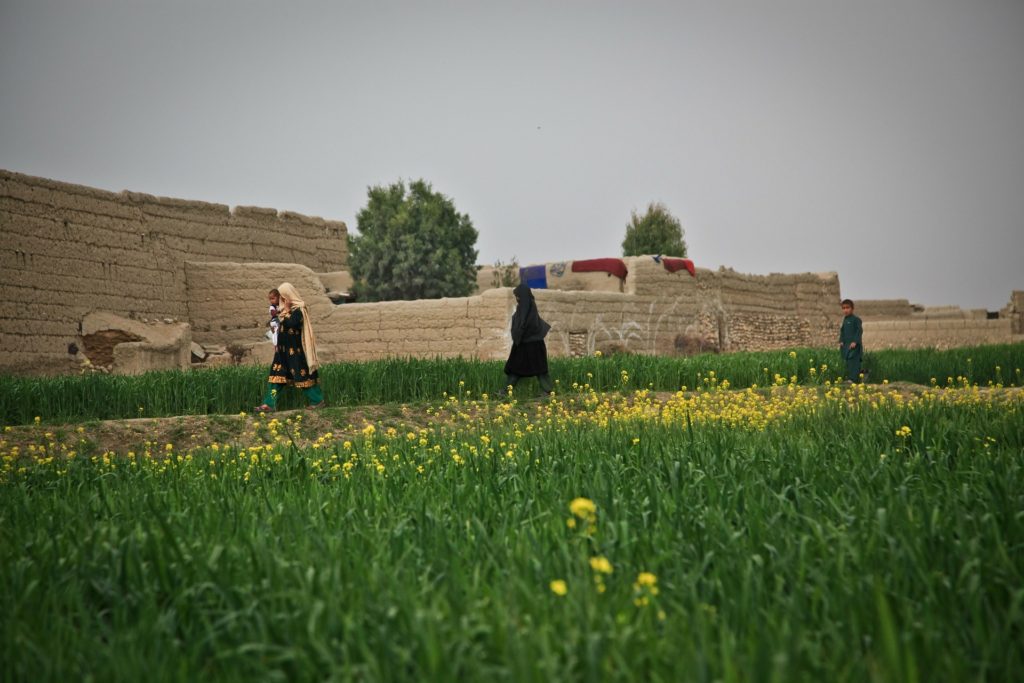
Full caution must be taken that the financing of such an endeavor cannot be seen as coming directly and fully from a non-Muslim state, nor an Islamic country with significant self-interest in the Afghan region. Otherwise, the consequence of a media backlash regarding ‘funding’ could jeopardize and derail the whole project. Limited funding from governments and state actors is a possibility, but nonprofit foundations, philanthropists, and grassroots donations should also be considered as part of a comprehensive mix of support.
Peace and blessings upon His chosen Prophet, and upon his household, his noble blessed companions, and upon all the messengers and prophets.
Verily, for all men and women who have surrendered themselves unto God, and all believing men and believing women, and all truly devout men and truly devout women, and all men and women who are true to their word, and all men and women who are patient in adversity, and all men and women who humble themselves [before God], and all men and women who give in charity, and all self-denying men and self-denying women, and all men and women who are mindful of their chastity, and all men and women who remember God unceasingly: for [all of] them has God readied forgiveness of sins and a mighty reward. (Quran 33:35)
Assalamu alaikum wa ramatullahi wa barakatu,
Brothers and sisters in Islam –
Today, we as a group of imams and religious scholars from Muslim communities around the world are appearing before you, the Muslim ummah, with an appeal to common sense. We believe that all of us in history are a frontier for actions which could change the direction of global crises. Only through active participation in the world can we engender a win-win outcome for as many people as possible, thus saving nations and regions and bringing about improved welfare for countless individuals. Our trust in God is dictating to our conscience that today, inshallah, we reach out to you for a heart-to-heart conversation.
As clerics and men of faith, we are generally a peace-loving people. We are often reluctant to get involved in the turmoil of geopolitical conflicts. Therefore, for a long time we watched the unfolding drama of human tragedy and self-destruction, hoping and praying that wisdom in the end would prevail. To our utter dismay — after many years gone, countless lives lost, and hundreds of billions of dollars spent — we now see global affairs spiraling out of control, inflicting even more loss and misery for the Muslim world and causing danger and hopelessness for the world in general.
Our Own Failures:
A number of unfortunate episodes of human failure in our time are hijacking Islam, and holding the welfare and future of 1.3 billion Muslims around the world hostage. Facing such monstrous evils, there is absolutely no provision for total silence in Islam. Today, we are compelled to speak out.
It is wrong to use Islam to promote ideas that are not Islamic. It is wrong for a Muslim to prohibit ideas which are in compliance with the spirit of the Qur’an, and which the Qur’an definitely does not prohibit. The Qur’an clearly and repeatedly warns followers that the worst transgressors are those who distort the Word of God and replace it with fabrications. It is unfortunate that these rampant failures and distorted mindsets in the Muslim world serve as the cause of many of our failed states today. We must remain vigilant against the instruments of Satan that Qur’an warns us about. We must exercise our intellects, as God has empowered us humans to do the right thing. We must forsake the domain of evil and penetrate layers of false innovations and indoctrinations. Over time, these false ideas and practices — validated and reinforced in past generations — became a part of the Muslim world, even though they are contrary to the teachings of Islam. We must forsake falsehood.
The Qur’an says that God dislikes aggression. A true Muslim cannot initiate aggression. Islam allows wars and violence for self-defense, and only to fight against injustice and oppression. There are definite conditions that need to be met before wars can be declared, and violent actions can only be a legitimate weapon to fight injustice and oppression when there is no other way out, and when legitimate authorities — not self-proclaimed protectors of Islam — decide and undertake such an action. Violence can only be used after trying all other ways to settle the conflict through peaceful and diplomatic methods. Our Prophet ﷺ exemplified this process throughout his entire life, as he attempted to resolve conflicts with others and to protect his community in peaceful ways before he took up the sword.
The question paramount in our mind should be this: have we exhausted all alternative means before resorting to violence? Or may it be that many of us are indulging ourselves in aggression due to hastiness, or in order to further our egos and ambitions, or just to cause mischief in the world? Killing innocent villagers or citizens is by no means a jihad. It is a criminal activity that violates a cardinal law of the Qur’an. The religion which defines crimes against humanity as killing one innocent human being, be he or she Muslim or non-Muslim [Qur’an 5:32] cannot support this kind of behavior. The Qur’an warns us to stand guard against the instigations of Satan. He indeed is our avowed enemy.
Yet from among us come groups — self-proclaimed saviors of Muslims — who work day and night to arouse hatreds and polarizations, and to build barriers against the interests and welfare of countless Muslims. In the absence of a courageous collective voice, a tiny minority of extremists rob the collective bargaining power of the Muslim world to attain its due share of progress and prosperity. We must stop them now from telling lies about Islam.
The extremists must be invalidated on the one hand, and on the other vested interests and corruption must be confronted. Both sides of the conflict do disservice to the vast majority of common people. We must not fail to see that their counterproductive activities, furthering their own self-gratifications, are in fact reinforcing and reinvigorating the conflicts and polarizations. The victims of these evil pursuits are the vast majority of the world. We must not fail to see this.
It is an imperative that new agents of peace emerge from among us to fight this evil of our time with a transformative agenda for constructive engagement. There is nothing passive or timid about nonviolent methods of change. In fact, these ways of the moral high ground actually require great courage and determination, in order to effectively make a change where change is due.
A change is long overdue among the mindsets and modus operandi of these extremist forces in the Muslim world. Ultimately, we are responsible for our own failures. The Qur‟an repeatedly indicates that we cannot finger-point at others for our own failures. Let us undertake a critical introspection and soul search. Satan can only penetrate our hearts and minds when we fail to take responsibility for our own actions, and when we look the other way when some of us commit wrongs.
Failures of Others
Obviously we also need to be mindful about others‟ failures towards Muslim-majority societies. Greater harm has been done in the name of help and assistance. We do not need help — even if it is from the superpowers of our time — if that means our societies become fragmented and polarized, with continued violence and the lives of our common people ripped apart. Investing a huge sum of money in an irresponsible and unaccountable societal infrastructure does more harm than good. It corrupts a system and renders it dysfunctional through and through. It also engages formidable vested interests and cronies, who work day and night to maintain profits and the status quo at the cost of common welfare. Instead of resolving conflicts, these interests are often more interested to continue wars and destructive behaviors.
Vested interests are becoming enormously powerful, the middle class often has no truly effective political voice, and the lives of the vast majority are desperately poor and insecure. After many years of involvement, countless lives lost, and billions of dollars spent, we cannot look the other way as to what has happened in our societies in the name of fighting terrorism. It is self-evident that unreliable parties were reached out to, that incorrect means were used towards outcomes, and that incorrect approaches were applied. It is long overdue that outside forces, especially America, must now use new faces, new agents, and new methods to help us to reclaim our societies and our future.
We Muslims are proud people. Given proper aid applied in a proper way, we are best able to build our own societies and infrastructure. We will continue to fail if the past modus operandi continues to exist. We must not allow others to dictate our affairs. We may consult, we may hire services, and we may cooperate, but we can never allow dictation from others. If we allow a dictatorial role from an outside power, we will simultaneously invite exploitation and reactionary extremism.
We do, however, invite people from America and other Western countries to work closely and responsibly with the people of Muslim-majority societies with which they are involved in order to help bring about transparency and accountability in governmental affairs. Due to past difficulties in governmental involvements, the abilities of governments to effect change might become more and more ineffective in certain areas, as they inherently carry conflicts of interest. As humanity is becoming a global village, as nations and countries are increasingly becoming interdependent, and as a higher sense of human rights and collective responsibility reigns in human conscience, governmental engagements should be simultaneously managed and directed with people-to-people engagements.
We fully agree with all those who believe that enormous injustices and corruption infests our planet and destroys the future of the common people. In our time, it is not necessarily one country versus another, but vested interests across political boundaries colluding with each other and harming the welfare of people of all sides. Therefore, people across borders and oceans must unite hand-in hand to fight against these evil forces in our time. We must work together with one voice to defeat extremism, and at the same time we must work together to marginalize the unholy alliances that enact unholy things in our societies. Be aware that Satan is ever-present among us.
Bridge-Builders as New Agents of Change
In our modern global community, there is an ever-increasing awareness of individual and collective moral responsibility. Using these emerging forces in our time, Muslims can fight against extremism and injustice most effectively through peaceful and constructive means. If they can effectively engage themselves as peacemakers, the Muslim world could attain a speed of transformation that has been unthinkable in the past. We all remain responsible before God if we fail to recognize this enormous opportunity brought before us. There must be a leadership to help Muslims to engage with the future in a manner which fits both our faith as well as the modern challenges which come before us. There cannot be a better catalyst of change than dedicated and courageous people of faith.
As one example, two most vital camps of humanity — Muslim-majority countries and Western countries — remain polarized and confrontational towards one another. These two parts of the world, deeply connected and intensely interdependent, are often engaged in counterproductive engagements which produce a lose-lose scenario. Paradoxically enough, there exists an enormous opportunity to transform this fighting into a win-win situation. This is the most doable and most desirable outcome in our time.
Western Muslims can be incredibly effective bridge-builders between these two regions, as they are the common denominator between two estranged worlds. These Muslims are part of the West, and they have many characteristics which could enable them to become effective mediators of conflicts and catalysts for peace and stability. They are well-educated, well-to-do, and the vast majority of them were born in different lands than they currently live in. They still have close connections with these native lands. We invite the Western governments to reach out to Western Muslims that are well-respected among the global Muslim community, and to engage with them at a higher level of foreign policy and work with them side-by-side to bridge the gap and to bring about a win-win situation in a number of disadvantaged regions. As Muslims around the world, we must also reach out to them in order to help them to help us in our pursuits. Being a part of both camps, it is in our best interests to see a win-win outcome, and to endeavor to bring about this outcome.
Transparent and Accountable Governance
The best way to fight against formidable forces of exploitation — with which some of our fellow Muslims are also collaborating — requires good governance in our societies. We must make our governments legitimate and accountable. A government becomes answerable to people only when there a proper balance of power exists in a society, and when the government derives its legitimacy directly from the people. Then, the rulers become servants, not masters, of people, as they know they are neither invincible nor immovable. They know that if they do not serve their people well, they will be out of power, as the real power lies with the people. When a system of rule of law is strong, this sense of vulnerability among rulers can be rightfully instituted, thus providing the background for positive social change.
We have to help create such systems of rule of law in our lands. This is the only way that societies stabilize and perpetuate in the right direction. We must make our governments legitimate, our systems as solid as rock and, our judicial systems as the Rock of Gibraltar in upholding justice. An illegitimate government is like a house of cards. It comes through the back door, and it departs through the back door when the next party arrives. We have seen the changing hands of power occurring in history. Unrepresentative changing hands of power render societies unstable as well as victims to injustice. These systems often depend not on the rule of law, but on vested interests who sustain corrupt and dysfunctional infrastructures. They become inherently weak, and the people suffer for their weakness as leaders reach out to make unholy alliances.
We need vulnerability among rulers, but not among systems. Our systems of governance and our constitutions must be based on the fundamental principles and values of the Qur‟an, which aligns with essential principles and human values that are respected by all legitimate societies. Our Lord has created us all, and as the Qur‟an expounds in Sura Rome, verse 30, the one ever-present and true religion involves following the true nature or conscience [fitra] that God has implanted in us. Whenever we go against that nature, we do disservice to ourselves. That is why the socialist-communist principles failed, as they worked against the inherent nature of human beings. Extreme greed, ego, ambition, and power also work against this fitra. These principles are also double-edged swords which do disservice to humanity when used without faith and wisdom. There must be proper checks and balances to manage the negative propensities of human beings to serve people instead of serving God. The need for a proper balance of power is laid down in the Qur‟an. Fundamental tenets are timeless: establishing a just society as well as governance based on consultation and mechanisms to challenge the system and/or rulers when they do wrong. The ultimate loyalty of a believer is to his or her Creator, in enacting right actions and in pursuing right values.
We become unjust and we fail whenever we go against the true nature that our Creator implanted in us. Let us be resolved that we build systems of governance based on that true nature which can sustain and perpetuate peace, justice, and progress.
We need to build stable and accountable systems. Without the right to know the truth and reliable means to know the actions of governance, these systems are prone to corruption and mismanagement. Therefore, we demand freedom of speech and the press. With proper balance of power installed in our societies, openness would compel our governments to remain accountable, acting as good servants of people. Freedom is our God-given right for which we will remain responsible to Him on the Day of Judgment. Liberty, equality, and dignity of all human beings are part of the fundamental tenets of Islam. We are caretakers of God‟s world — the vicegerent [„khalifa‟] of God on earth. In order to fulfill our obligations to be good caretakers of the environment and the world, we must remain open and diligent as responsible maintainers of our rights. There is no substitute for legitimate systems which can sustain stability and due process to allow prosperity to take place. When good governance and an impartial system of justice prevails in a society — no matter how diverse — it integrates. This process of integration within a nation accelerates the speed of development. Let us focus on establishing good governance in our societies around the world.
The Children of Adam
Our time is like no other time in history, marked by paradoxes and contradictions. The possibilities for good and possibilities for evil never existed in such contrast side-by-side as they do today. Never before was the world at a crossroads like it is today. The choices we make and the modus operandi that we establish will dictate our collective future for a very long time.
The Quran commands us to do good work with others among diverse human communities. We are commanded not to be judgmental, and we are commanded to be cooperative with others in promoting good on earth.
It is long overdue that we as clerics and imams must warn all of the consequences of following the ways of Jahiliyya — a period involving blind conformity to invalidated and antiquated traditions, false indoctrination, and a tremendous lack of exercise of human intellect. It was a time when unconditional tribal or ethnic loyalty often defied reason and ethics, precipitating violence towards women and children, unnecessary hatred, and shameful and counterproductive internecine bloodshed. Today, it is alarming that the modus operandi of much of the Muslim world has many resemblances with that failed period. Let us be aware and act accordingly.
Our prophet ﷺ made treaties and engaged in good relations with many non-Muslim tribes and groups in order to establish peace and security in the region. In protecting the interests and welfare of his own community, he never hesitated to reach out to other communities for mutual security and welfare. This is the spirit of Islam — helping to establishing peace in the world.
Born in an Afghan political family belonging to the Mohamadzai clan of the Pashtun Durani confederacy, Khalil’s father, uncles, and cousins were all career diplomats in the Afghan government. His father’s diplomatic career led to time in Moscow, Pakistan, London and Indonesia. Throughout all this time, since the 1960’s, Khalil grew to be exposed in Afghan politics and foreign policy. During the past 35 years he has been closely following the dreadful situation in Afghanistan. His years of self- contemplation of complex Afghan political strife and also his recognized tribal roots gave him the upper edge to understand the exact symptoms of the grim situation in Afghanistan.
In addition to his role as a Salem-News.com contributor, Khalil is a guest columnist for Seattle Times, McClatchy News Tribune, Laguna Journal and a staff writer for Veterans Today. He is the cofounder of NWSC Inc. (New World Strategies Coalition Inc.) a center for Integrative-Studies and a center for Integrative-Action that consists of 24- nonmilitary solution for Afghanistan. You can write to Nouri Khalil at this address: khalil.nouri@gmail.com

